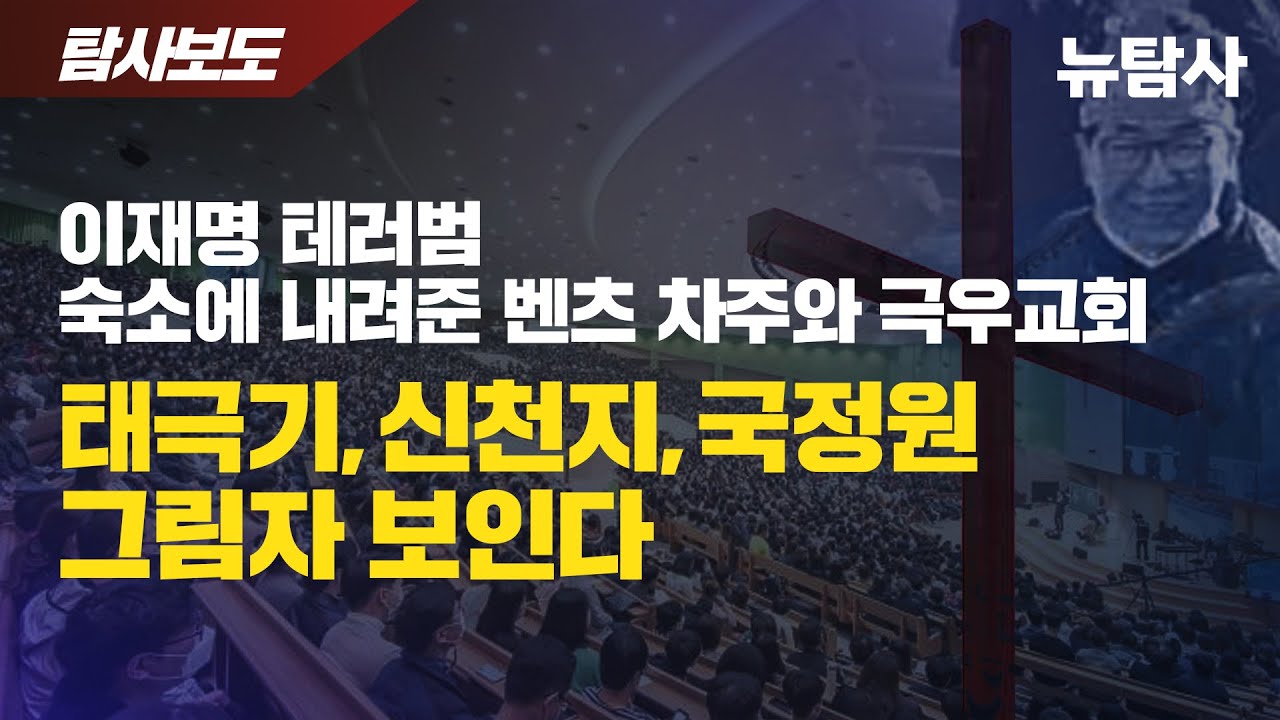王局拍案|戈尔巴乔夫,最成功的失败者。威权社会转型的风险在哪,为什么苏联会解体,而中国的改革有为什么会“成功”?20220831
Summary
TLDR视频中讨论了戈尔巴乔夫的生平及其对中国社会的影响。戈尔巴乔夫以其改革思想和新思维而闻名,对中国改革开放时期产生了深远影响。1989年访华时,他与邓小平的会晤标志着中苏关系正常化。然而,戈尔巴乔夫的改革最终未能实现其预期目标,反而导致了苏联解体,他本人也失去了权力。视频还比较了中苏两国改革策略的不同,指出中国选择先进行经济改革是明智之举,而戈尔巴乔夫的激进改革策略则是苏联解体的原因之一。
Takeaways
- 😀戈尔巴乔夫去世,他的改革和新思维在中国影响深远。
- 😀戈尔巴乔夫认为社会主义系统和集体农场系统无效,并提出人道主义超越意识形态斗争。
- 😀中国改革开放时,戈尔巴乔夫的书《改革与新思维》在中国非常受欢迎。
- 😀戈尔巴乔夫1989年访问中国,改善了中苏关系。
- 😀中苏关系因为毛泽东和赫鲁晓夫的竞争而恶化,但在邓小平和戈尔巴乔夫的推动下得以改善。
- 😀1989年戈尔巴乔夫访华期间,天安门广场上仍有学生游行。
- 😀1991年苏联解体,戈尔巴乔夫在克里米亚被保守派软禁。
- 😀戈尔巴乔夫未能实现他的改革目标,但他终结了冷战。
- 😀戈尔巴乔夫的改革在国内外引发了巨大变化,但导致了苏联解体。
- 😀戈尔巴乔夫的改革与晚清的宪政改革相似,最终导致了政权的崩溃。
- 😀中国从苏联解体中吸取教训,选择经济改革而非政治改革。
- 😀中国共产党通过经济改革和维护执政合法性,避免了苏联的命运。
- 😀戈尔巴乔夫在西方被视为结束冷战的英雄,但在俄罗斯被视为失败者。
Q & A
戈尔巴乔夫的去世对中国年轻一代有何意义?
-戈尔巴乔夫的去世让中国年轻一代回忆起改革开放时期,他的书籍《改革与新思维》在中国广受欢迎,影响了中国社会的思想解放运动。
戈尔巴乔夫对中国改革开放有何影响?
-戈尔巴乔夫的改革思想和实践对中国改革开放产生了重要影响,他的书《改革与新思维》成为中国改革的借鉴之一。
1989年戈尔巴乔夫访华的背景是什么?
-1989年戈尔巴乔夫访华是在中苏关系长期对立后,双方均有改善关系的需要,特别是邓小平希望改善与苏联的关系,为中国经济建设创造和平环境。
戈尔巴乔夫如何看待中苏历史上的领土争端和意识形态争论?
-在1989年的会晤中,戈尔巴乔夫和邓小平都表示,过去在领土争端和意识形态争论中的一些言论并不完全正确,显示了双方对历史的反思和和解的意愿。
如何评价戈尔巴乔夫在苏联解体中的作用?
-戈尔巴乔夫在苏联解体中起到了关键作用,他的改革措施虽然未能实现其预期目标,但最终导致了苏联的解体和冷战的结束。
戈尔巴乔夫为何被称为“最成功的失败者”?
-戈尔巴乔夫被称为“最成功的失败者”,因为他成功结束了冷战,促进了世界和平,但同时也导致了苏联的解体和自己政治生涯的结束。
戈尔巴乔夫的改革为何未能实现其预期目标?
-戈尔巴乔夫的改革过于激进,未能平衡好改革与政权合法性的关系,最终损害了自己的合法性,导致苏联解体。
中国和苏联的改革策略有何不同?
-中国选择了先进行经济改革,而苏联则选择了先进行政治改革。中国的改革策略更为稳定和渐进,使得社会各界都能从中受益。
中国共产党如何看待苏联的崩溃?
-中国共产党对苏联的崩溃感到震惊,并认为苏联的政治改革是导致崩溃的原因,因此中国在改革中更加谨慎,特别是对政治改革。
戈尔巴乔夫的去世对中国有何启示?
-戈尔巴乔夫的去世提醒中国在改革过程中要平衡好改革的深度与广度,处理好改革与政权合法性的关系,避免激进改革带来的不稳定。
戈尔巴乔夫的改革对中国改革开放有哪些借鉴意义?
-戈尔巴乔夫的改革经验提醒中国在改革开放中要注重改革的顺序和步骤,避免因改革过急而导致的社会动荡。
Outlines

This section is available to paid users only. Please upgrade to access this part.
Upgrade NowMindmap

This section is available to paid users only. Please upgrade to access this part.
Upgrade NowKeywords

This section is available to paid users only. Please upgrade to access this part.
Upgrade NowHighlights

This section is available to paid users only. Please upgrade to access this part.
Upgrade NowTranscripts

This section is available to paid users only. Please upgrade to access this part.
Upgrade NowBrowse More Related Video

【240129】[탐사보도] 이재명 테러범 숙소에 내려준 벤츠 차주와 극우교회 태극기, 신천지, 국정원 그림자 보인다

⚡️Портников: Голокост - чому людство НЕ ЗРОБИЛО висновки | Суботній політклуб

習近平開掛的一生!

客观评价中国的马克思哲学 |社会发展“五阶段论”为何是错误的?|馬克思|資本主義|教材|社會主義|哲學|中國歷史|封建社会

🔥Стало ВІДОМО, хто був на ІЛ-76 - нові КАДРИ з місця падіння, льотчик ПЕРЕКРЕСЛИВ версії Скабєєвої

China: Exporter of ESG - Razör Rants
5.0 / 5 (0 votes)
